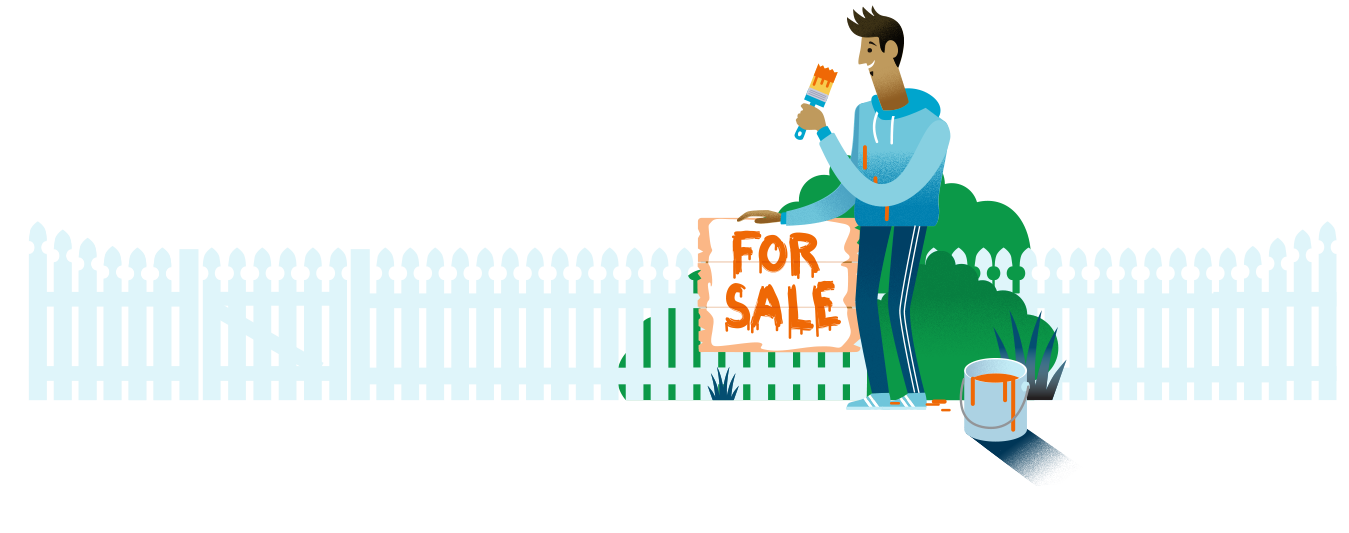
Selling privately without an agreement with a real estate agent can save you money on commission, but the real estate transaction is complicated, so you need to know what you’re doing and understand the risks.

If you sell your property privately, you will save on the commission you pay to a real estate agent, and you may have more control of the sale and negotiation process because you will be dealing directly with potential buyers. Also, you know your own property best, so you can tell potential buyers directly about its best features.
If you list your property with a real estate agency and then sell it privately while the agency agreement is still in place, you may need to pay commission depending on the terms of the agency agreement. Also, be careful if you have previously had an agency agreement. If an agent introduces a buyer and you later sell privately to that buyer, the agency may still be able to claim commission for the sale.
The real estate transaction can be complicated, so make sure you know what you’re doing and understand the risks.
When you’re selling a property, you need to share all relevant information about it to buyers. What is relevant will vary from property to property and may include, for example:
If you knowingly fail to disclose any of these issues, you may be in breach of the terms of your agreement with the buyer. This means the sale could fall over or the buyer could seek compensation and take you to court.
Whatever the situation, honesty is the best policy. There is no need to advertise the information, but potential buyers who have indicated an interest in making an offer may need to be told.
To help protect New Zealand’s reputation and economy from money laundering and the financing of terrorism, before conducting certain activities, real estate agents, lawyers, conveyancers and banks must confirm your identity under the Anti-Money Laundering and Countering Financing of Terrorism Act 2009 (the AML/CFT Act) (external link) .
Your identity will also need to be confirmed if you are selling a property on someone else’s behalf.
Your identity may be verified by using:
In certain circumstances, an agent (with whom you do not have an agency agreement) may need to obtain and verify identity information about you if you deposit $10,000 or more in cash or by cheque into that agent’s trust account.
Even if you are selling privately your lawyer or bank will need to confirm that you are who you say you are. You can read more about this on the Department of Internal Affairs (DIA) (external link) website.
Make sure that your lawyer or conveyancer is clear about the work they will do for you, and agree on the fee.
Your lawyer or conveyancer will need to verify your identity and will ask you for the required identification. If the property is being purchased by a company or trust, verification may take longer.